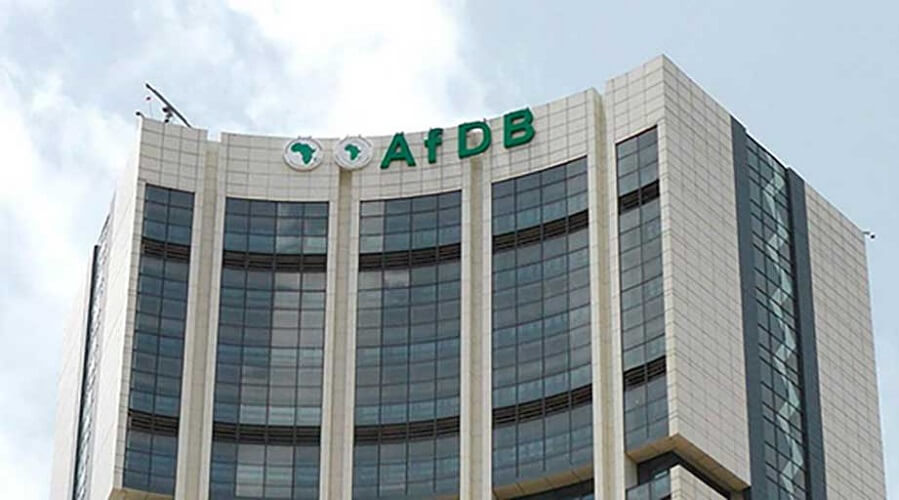South Africa has secured a fresh $474.6 million loan from the African Development Bank (AfDB) to support the country’s ongoing efforts to improve its struggling transport and energy infrastructure. The loan, announced by the bank on Tuesday, is the latest in a series of international financing agreements aimed at lifting Africa’s most industrialised economy out of a prolonged period of underperformance caused by energy shortages and failing logistics systems.
The AfDB said in a public statement that the funding would support critical upgrades, including energy efficiency programmes and rail transport reforms. The move is seen as part of a broader international effort to help South Africa revitalise its economic backbone and increase industrial productivity, particularly in sectors like mining, manufacturing, and automaking which have been heavily affected by infrastructural collapse.
This new loan comes just weeks after the country secured a much larger $1.5 billion financing deal with the World Bank for similar infrastructure development projects. The combined funding reflects growing international support to help South Africa stabilise its economy by tackling longstanding issues such as power blackouts, rail inefficiencies, and port bottlenecks.
Over the past decade, the country’s economic growth has been persistently stunted by chronic load shedding caused by the failing state-owned power utility, Eskom, alongside outdated and inefficient rail and freight systems managed by Transnet. These infrastructure challenges have severely limited the country’s export capacity and internal logistics, with mines and manufacturers repeatedly reporting delays and revenue losses due to transport disruptions.
The African Development Bank’s contribution forms part of a wider international financing package to support South Africa’s reform agenda. This package includes:
$1.5 billion from the World Bank, which was announced in June 2025,
€500 million (about $590.75 million) from Germany’s KfW Development Bank,
Up to $200 million from the Japan International Cooperation Agency (JICA), and
$150 million from the OPEC Fund for International Development.
According to the AfDB, the collective financing aims not only to resolve South Africa’s infrastructure issues but also to strengthen the government’s ability to implement key structural reforms. These reforms are particularly urgent in the power sector, where breakdowns, poor maintenance, and outdated power plants have contributed to one of the worst electricity crises in the country’s history.
The bank also noted that the financing will support energy transition goals by encouraging energy efficiency and sustainability. This aligns with South Africa’s climate commitments under the Paris Agreement, as well as the government’s broader Just Energy Transition (JET) strategy, which aims to shift the economy toward more sustainable and inclusive growth models.
Transport infrastructure, particularly rail, has been another major concern for both investors and the business community. South Africa’s freight rail system has been in steady decline, plagued by theft, poor maintenance, underinvestment, and mismanagement. This has not only hurt exports of minerals such as coal and iron ore but has also forced companies to shift more goods to already congested and damaged roads, increasing costs and damaging infrastructure further.
The AfDB said part of the funding will go toward rail reform and modernisation initiatives, including measures to improve reliability, security, and operational performance in the sector. This is expected to unlock significant economic potential by easing movement of goods and reducing bottlenecks at key ports and industrial zones.
South African government officials welcomed the funding, describing it as a major vote of confidence in the country’s economic reform agenda. A statement from the National Treasury said the financial support from AfDB and other development partners would help “fast-track infrastructure upgrades, support private sector growth, and create jobs through enhanced economic efficiency.”
The infusion of funds also comes as the government prepares to implement several key public-private partnership (PPP) projects aimed at opening more of the energy and transport sectors to private investment. Experts say this could improve competitiveness and reduce pressure on struggling state-owned enterprises like Eskom and Transnet.
While the funding is a positive development, economists have warned that successful outcomes will depend heavily on how well the government can implement reforms and ensure accountability in how the funds are used. Mismanagement, delays, and corruption have plagued past infrastructure projects in South Africa, often derailing progress despite large capital injections.
The African Development Bank has said it will work closely with the South African government and other stakeholders to monitor the implementation of the loan-supported projects, with a focus on transparency, efficiency, and long-term economic sustainability.
